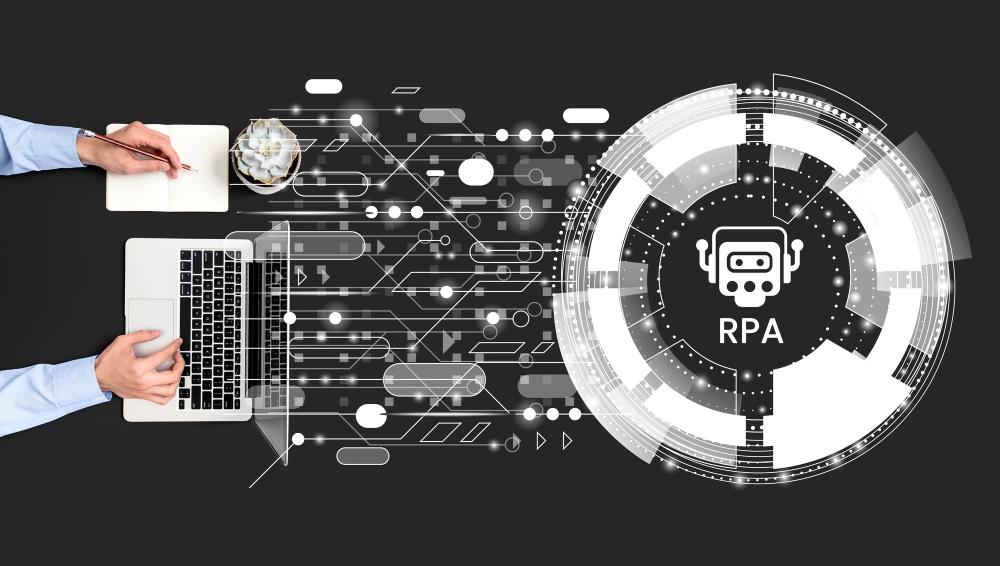In today's rapidly evolving technological landscape, the fusion of artificial intelligence (AI) with traditional automation is reshaping industries and challenging the very foundations of established practices. Robotic process automation vendors find themselves at a crucial juncture, where staying relevant means adapting to the transformative power of AI. As AI continues to advance, the future of RPA is no longer about simple automation but rather about intelligent automation that seamlessly integrates AI capabilities. Here’s how RPA vendors are strategizing to remain at the forefront in this AI-dominated era.
The Shift Towards Intelligent Automation
Robotic process automation has long been celebrated for its ability to automate repetitive, rule-based tasks, thereby enhancing efficiency and reducing operational costs. However, the advent of AI has introduced a new dimension to automation—one that involves learning, adapting, and making decisions. This evolution from traditional RPA to intelligent automation is marked by the integration of AI technologies such as machine learning, natural language processing, and computer vision.
RPA vendors are now focusing on developing solutions that not only automate tasks but also incorporate AI to analyze data, predict outcomes, and make informed decisions. By embedding AI into their platforms, RPA vendors are creating more sophisticated and versatile automation solutions that can handle complex processes and unstructured data.
Embracing Cognitive Automation
One of the significant ways RPA vendors are staying relevant is by embracing cognitive automation. Unlike traditional RPA, which operates on structured data and predefined rules, cognitive automation leverages AI to understand, interpret, and process unstructured data. This includes capabilities such as sentiment analysis, image recognition, and language translation.
For instance, an RPA solution integrated with AI can automatically process invoices by extracting relevant information from scanned documents, interpreting handwritten notes, and cross-referencing data with existing records. This level of cognitive capability not only enhances the accuracy and efficiency of automation but also opens up new possibilities for automating tasks that were previously considered too complex for traditional RPA.
Enhancing Collaboration Between RPA and AI
To remain competitive, RPA vendors are prioritizing the seamless integration of AI technologies into their platforms. This involves collaborating with AI developers and leveraging AI frameworks to enhance the capabilities of their RPA solutions. By creating a symbiotic relationship between RPA and AI, vendors can offer solutions that are not only efficient but also intelligent.
A practical example of this collaboration is the use of AI-driven chatbots in customer service. An RPA solution integrated with natural language processing can handle customer inquiries by understanding and responding to queries in real-time. This not only improves customer experience but also frees up human agents to focus on more complex and value-added tasks.
Investing in AI Research and Development
To keep pace with the rapid advancements in AI, RPA vendors are heavily investing in research and development. This involves exploring new AI technologies, developing proprietary algorithms, and continuously enhancing their platforms to incorporate the latest AI capabilities. By staying at the cutting edge of AI innovation, RPA vendors can ensure that their solutions remain relevant and competitive in the market.
Additionally, RPA vendors are also focusing on upskilling their workforce to understand and implement AI technologies effectively. This includes training programs, workshops, and collaborations with academic institutions to foster a culture of continuous learning and innovation.
Addressing Security and Ethical Considerations
As RPA and AI become more intertwined, addressing security and ethical considerations becomes paramount. RPA vendors are proactively working to ensure that their solutions adhere to stringent security standards and ethical guidelines. This involves implementing robust data protection measures, ensuring transparency in AI decision-making processes, and addressing potential biases in AI algorithms.
By prioritizing security and ethics, RPA vendors can build trust with their clients and stakeholders, ensuring that their solutions are not only effective but also responsible and trustworthy.
If you're interested in exploring the benefits of custom mobile app development services for your business, we encourage you to book an appointment with our team of experts.
Conclusion: The Future of RPA in an AI-Driven World
In conclusion, the future of robotic process automation lies in its ability to evolve and integrate with AI technologies. RPA vendors are taking significant strides to remain relevant by embracing cognitive automation, enhancing collaboration with AI, investing in research and development, and addressing security and ethical considerations. By doing so, they are not only staying competitive but also paving the way for a new era of intelligent automation.
As AI continues to reshape the technological landscape, the synergy between RPA and AI will unlock unprecedented opportunities for businesses across industries. By leveraging advanced RPA solutions, organizations can achieve higher levels of efficiency, accuracy, and innovation, ensuring their success in an increasingly automated world.



